Women Arise: Trusting God’s Plan in the Pain
I used to think to pray by faith meant I got to go to God, lay out my heart’s requests, and then head to standby, trusting for Him to bring my exact recommendations to full fruition. How foolish! I look back on verses like Isaiah 55:8: “For my thoughts are not your thoughts, neither are your ways my ways, declares the Lord,” and realize I had a very misinformed spiritual understanding that had not adequately grasped the great mystery of a Sovereign God. Think about it! It would be really frightening if God was so small-minded that I could suggest to Him the exact way to resolve my prayer requests.
We are given a clue as to why this is a bad idea in First Corinthians 13:12 which says, “For now we see only a reflection as in a mirror; then we shall see face to face. Now I know in part; then I shall know fully, even as I am fully known.” Translation: our earthly view is very skewed, so forget about giving God our marching orders. It took time and trials to hone my understanding, and yet to this day, I still slip in a little “this is what I’m thinking Lord.” Ahem!!
For years, I prayed, “Lord may I see with your eyes, hear with your ears, and feel with your heart.” I never imagined that prayer would hit me as answered when I stood downcast by my son’s coffin reviewing the many struggles we encountered through his life. It was the gradual acts of surrender that sustained my emotional state of being as the peace of God really does surpass all human understanding. And it was during the numb devastation of loss that the veil between heaven and earth was torn asunder. My sorrows forced my eyes off the earthly and onto the heavenly purpose of my time here. It would be through disappointment that I would learn to see the goodness of God in answering prayers just perfectly “according to His will and pleasure.”
That doesn’t mean that I wouldn’t wrestle with God through my circumstances. And yet, after such wearying encounters, my eyes would be opened to the fact that there is goodness that emanates from such pain in life. But just as Jacob grabbed God and said, “I’m not letting go until you bless me,” we can venture to do the same in the midst of our unexpected hurtful circumstances. And that comes with the ability to not let go of who God is in character—that He is all knowing, all loving, ever faithful in all things and that His mercies are new every morning (Lamentations 3). He is a sovereign God. He knows the end of the story. He’s invested His scarred hands to act on our behalf. And like Jacob, our wrestling with God will cause us to walk differently but more secure. Jesus wrestled with His own Father in the Garden of Gethsemane and yet ended His time of intense prayer with “Not my will but thine be done.” This is our example of the ultimate confidence we should have in God.
We all need these reminders today as many areas of our lives have become blatantly dark and unstable and many feel off kilter. It is God’s desire that these things move us to pray more passionately, thoughtfully, and expectantly. Jesus never neglected daily prayer. His example should spur us on to imitate this most important discipline. Prayer is our bridge to a strong relationship with the Living God and is not just about asking for blessings. No, prayer is about real, earth moving communication that shakes up the heavens and impacts the earth. Prayer reminds us that we are NOT in control and allows us to form a deeper intimacy as we rely and lean on Him—and accept what He sends our way.
Prayer also gives us power to overcome evil. Ephesians 6:12 says, “For our struggle is not against flesh and blood, but against rulers, against the authorities, against the powers of this dark world and against the spiritual forces in evil in the heavenly realms.” We must remember that everything visible and physical is preceded by something spiritual. Everything. We must always pause to identify the spiritual root before we make a judgment on the fruit – especially in this day of so many deceptions.
And more than likely the answers to our prayers will be completely different than what we might have expected. The question is: Will we accept that? While God cares about our physical needs, He is infinitely more concerned about our spiritual growth. God is not interested in making us more comfortable, but actually making us more usable for kingdom purposes. His answers have eternal consequences and don’t just meet an earthly temporary need. Prayer allows us to enlarge our faith by trusting in God’s plan, and it is that unrelenting faith that will sustain us when we are laid down in the hospital room, weighed down in the court room, or cast down in the viewing room?


